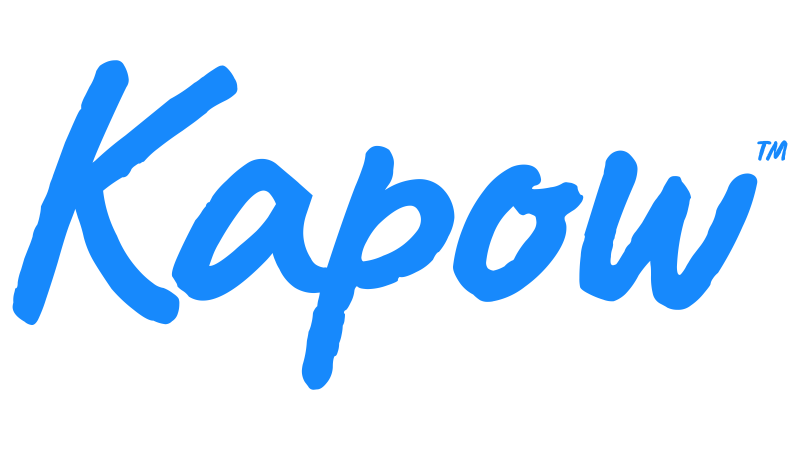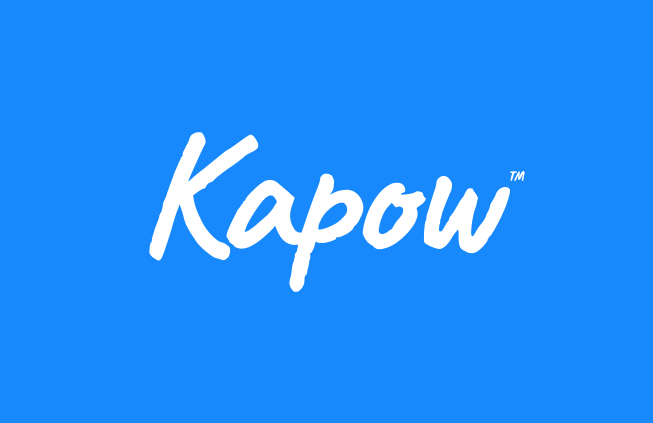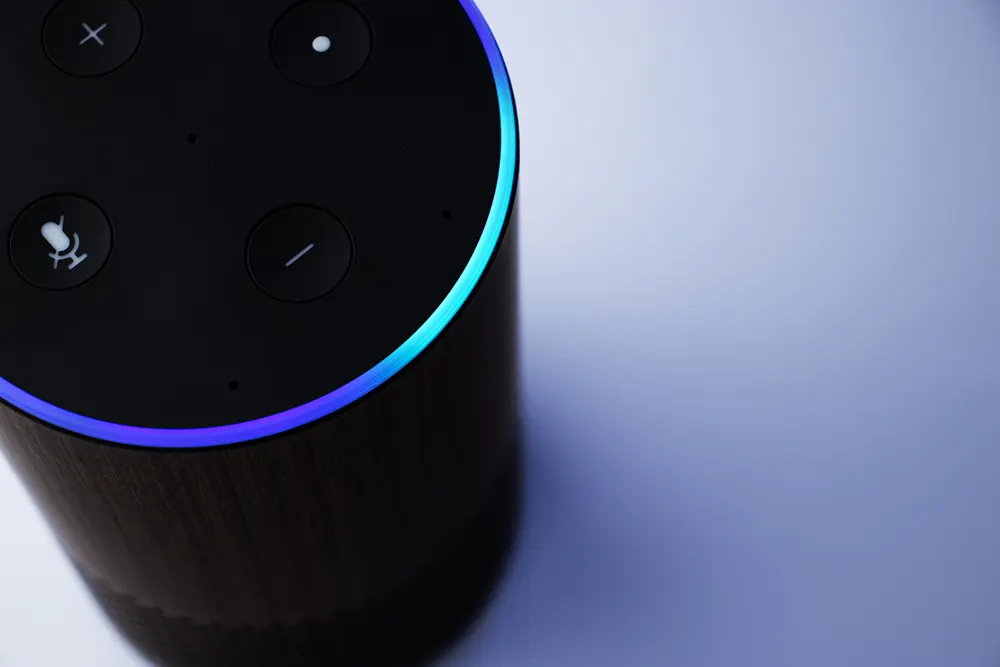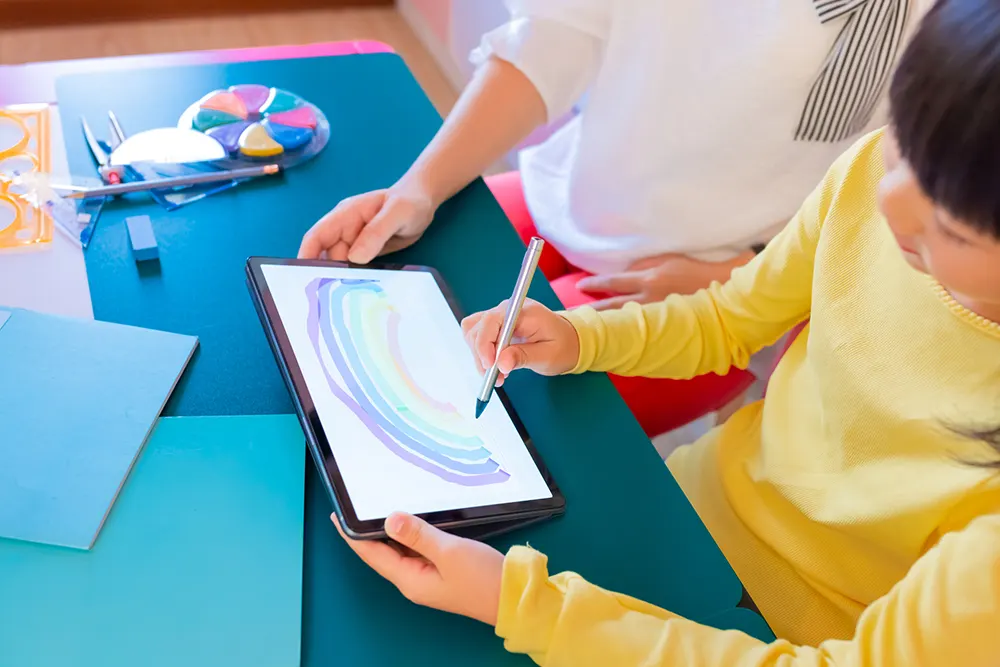Learning intention
- To know that there are everyday devices that computers control.
Success criteria
- I can give an example of
We do not currently offer this subject
Cambridge Primary Computing (0059) Learning objectives
Computer systems
1CS.03 Know
We do not currently offer this subject
Before the lesson
We do not currently offer this subject
Lesson plan
Recap and recall
Remind learners that in the last lesson they learned about inputs and outputs. Ask:
This content is for subscribers only. Join for access today.
Extended-mode explainer videos
How to extend your display to view the lesson page and preseantion mode simultaneously. Choose your operating system below to watch the video
If you need further support with extending your display,
please contact [email protected].
Differentiation
Learners needing support:
- Should become familiar with the devices beforehand.
- Could discuss each example before matching the cards, referring back to examples from earlier in the lesson.
- Could use a sentence stem to support talk: For example, “The computer tells the ___ to ___.”
Learners working at a stretch:
- Could use the sentence builder to describe how a computer program controls a device.
- Should explain why computers are useful for controlling certain things, for example, “It is faster” or “It keeps people safe”.
- Could give their own examples of devices that use computer control in school or at home.
We do not currently offer this subject
Assessing progress and understanding
Learners with secure understanding can:
- Name examples of everyday devices that
We do not currently offer this subject
Vocabulary definitions
-
control
When a computer makes something happen automatically.
-
input
Giving a computer information or instructions.
We do not currently offer this subject
In this unit
Lesson 1: What do computers look like?
Lesson 2: What can computers do?
Lesson 3: Inputs and outputs
Lesson 4: What else can computers do?
Lesson 5: What is the internet?





